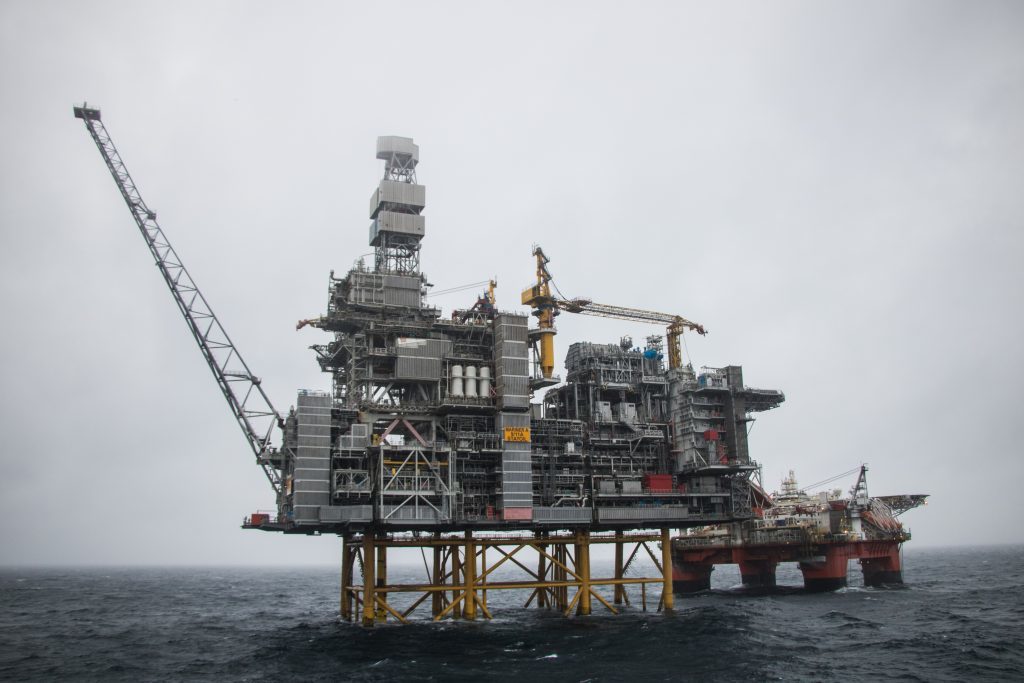
Norwegian energy major Equinor said today that first oil from its £4.5 billion Mariner project in the UK North Sea had been pushed into next year.
Equinor, the new name for Statoil, had expected to start production from the giant field in the fourth quarter of 2018, but “challenging weather conditions” have taken their toll.
The hook-up and commissioning phase has also grown in “scope”. Unrest among contractors employed by Aker Solutions earlier this year was not cited as a factor in the deferral.
But Equinor did have some positive Mariner-related news. The company has managed to boost its recovery estimates from the field, located south-east of Shetland, by a fifth to 300 million barrels.
Equinor said it had gained a greater understanding of the reservoirs and had optimised drilling.
The company also published its third quarter results yesterday. It enjoyed period of strong growth while making a number of “value enhancing transactions”.
The company said it had taken steps to “strengthen and sharpen” its portfolio during the three months.
Chief among those deals was its swoop for Chevron’s 40% stake in Rosebank, a west of Shetland development project targeting 300 million barrels of oils.
Equinor previously held a 30% non-operated interest in Rosebank, but sold it to Austrian firm OMV in 2013.
Third quarter revenues climbed 40% year-on-year to £14.7 billion, and pre-tax profits rose to £3.3bn from £730 million.
Equinor said higher oil and gas prices and increased production contributed to the improvement.
Equity production totalled 2.06 million barrels of oil equivalent (boe) per day in the third quarter, an increase of 1% from 2.04 million boe per day in the same period in 2017.
The firm has drilled 15 exploration wells in the year to date, resulting in seven commercial discoveries.
Equinor chief executive Eldar Saetre said: “With solid operational performance and production efficiency, we delivered strong results and cash flow across all segments.
“We continued to strengthen our balance sheet and reduced our net debt ratio to 25.7% in the quarter.
“We have achieved significant cost improvements in recent years, allowing us to capture more value from higher prices.
“We will continue with a strong cost focus to further strengthen our competitive position.
“As a result of capital discipline and efficient project execution, we are able to reduce our organic capex guiding for 2018 to around $10bn.
He added: “Project activity remains high, and we have submitted development plans for the next phases of the high value, low carbon Johan Sverdrup and Troll fields.
“In October we announced the acquisition of a 40% operated interest in the Rosebank field in the UK and the divestments of two non-core assets in Norway.
“We also continue to develop our portfolio within renewable energy. The Apodi solar project in Brazil is on track, and we delivered first electricity from the Arkona offshore wind project in Germany.”
Recommended for you

